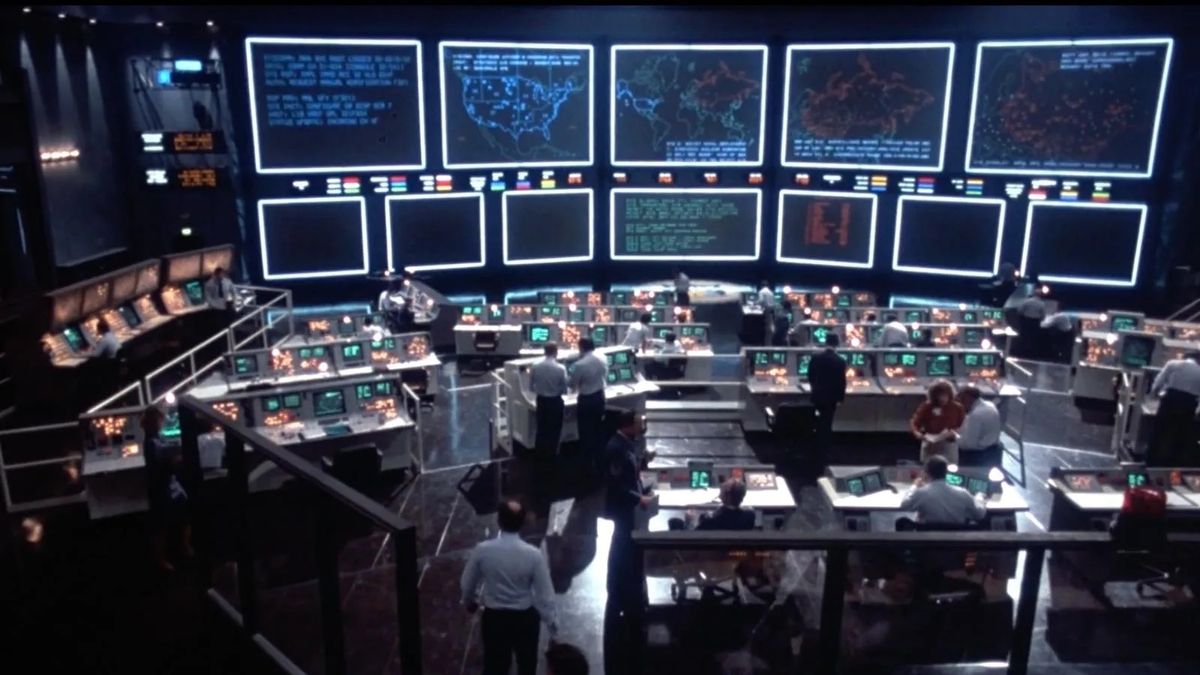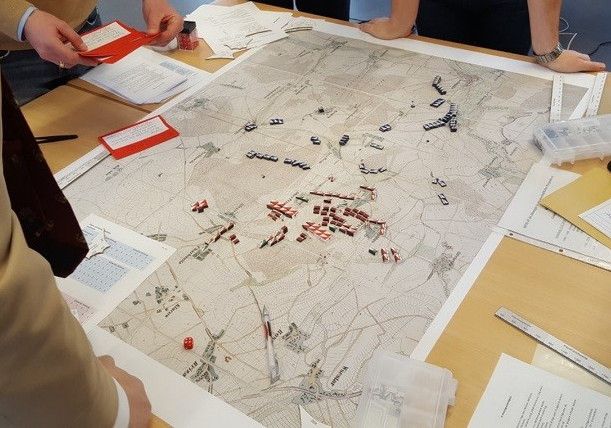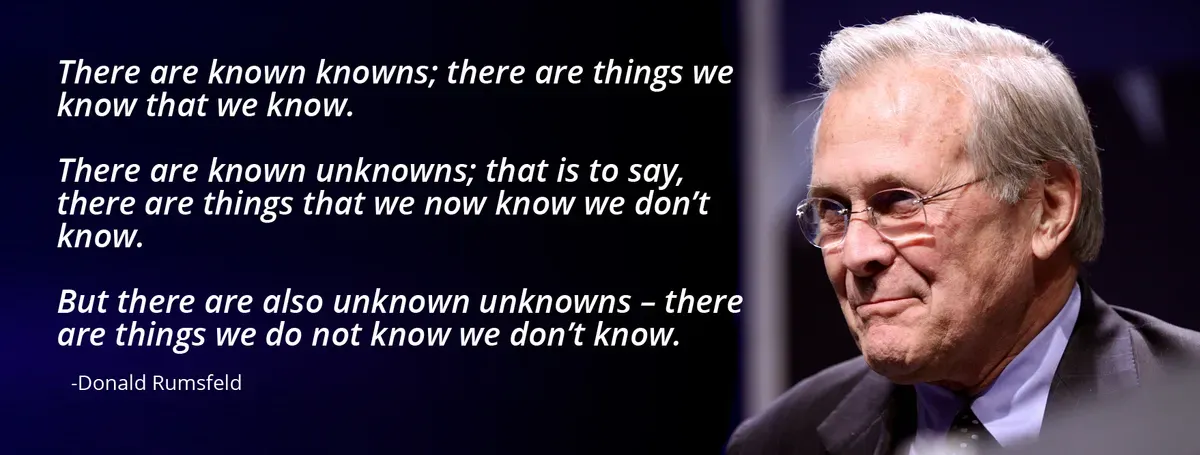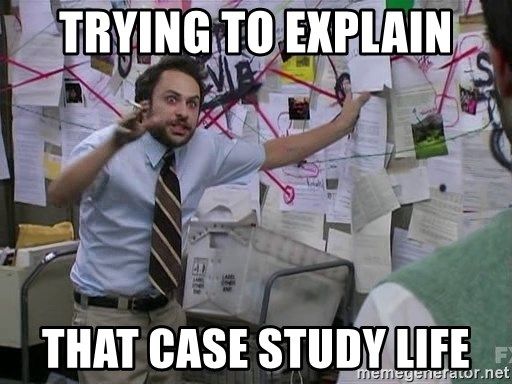Misinterpretation of Wargaming and the Pursuit of Wisdom
'Wargaming' brings many thoughts to mind. But how are wargames used in professional applications? Are they limited to armed conflict? Find out!

The word 'wargaming' brings many thoughts to mind. My love of boardgames and strategy games, for one. But how are wargames used in serious applications? Does my adult socialization during the peaceful unipolar world incline me to feel that 'wargaming' is too bellicose a term? That it too casually dismisses the real and horrible costs of armed conflict?
The history of wargaming is the history of human culture. Some of its best uses include answering and identifying new questions to ask and as an active learning tool for decision-making. However, wargaming is not a perfect predictor of future outcomes; assumptions, models, and human cognitive biases are substantial obstacles. A broader term for wargaming could be 'conflict simulation,' reflecting the fact that human conflict and decision-making are the durable elements in wargaming, as well as other forms of non-violent human conflict.
In this short essay we'll review 1) what wargaming is (and is not), 2) the principal objectives and abuses of wargaming, and 3) a brief discussion of broader applications, definitions, and terms.
Semper ludere!
1) What is 'Wargaming?'
The term Wargame (sometimes Military Simulation) is defined by Dr. Peter Perla
in both broad and restricted terms.
"In its broadest application, the term wargame is used to describe any type of warfare modeling, including simulation, campaign and systems analysis, and military exercises." (pg. 252, Peter Perla's The Art of Wargaming)
and
"A more restricted and more useful definition is that a wargame is a warfare model or simulation whose operation does not involve the activities of actual military forces, and whose sequence of events affects and is, in turn, affected by the decisions made by players representing the opposing sides." (pg. 253, Peter Perla's The Art of Wargaming)
What is the foundational purpose of wargaming? Dr. Perla again answers:
"Its forte is the exploration of the role and potential effects of human decisions [...]." (pg. 253, Peter Perla's The Art of Wargaming)
From my own (non-expert!) perspective I lean on Peter for these definitions.
However, looking from the outside, this definition seems insufficiently broad; it limits the scope of 'wargaming' applicability to lethal conflict.
Or maybe wargaming is well defined in terms of its current usage. The possible applications of wargame structure, learning, and research seem broader than armed conflict.
Origins
Humans play games. It's one of our defining features. Within the text Homo Ludens Dutch historian and cultural theorist Johan Huizinga proposes that games are so foundational to humans that they inform our culture (not the other way around).
Perla stomps his foot:
"Games about warfare have probably existed nearly as long as war itself." (pg. 27, Peter Perla's The Art of Wargaming)
In Simulating War, Philip Sabin briefly reinforces this statement in terms of recorded history.
"Board games such as Wei Hai and Chaturanga were known to have been played in China and India well over two millennia ago." (pg. 11, Simulating War)
Both Perla and Sabin spend time in their respective books reviewing the history of wargaming, including Go, Chess, the Game of Ur, and War Chess.
They go on to introduce Prussian Kriegspiel (German for 'wargame') innovations involving scale maps and counters in the 19th century.

The banner has bee adroitly carried by the United States Navy Naval War College in the late 19th century. There, the tradition of active wargaming continues to this day. Certainly, other international centers for wargaming exist.
What Wargaming is Not
After discussing what wargaming is, it is appropriate to identify what it is not:
"[W]argaming is not analysis, at least not in the defense community's usual sense. It is not a technique for producing a rigorous, quantitative or logical dissection of a problem or for defining precise measures of effectiveness by which to compare alternative solutions." (pg. 252, Peter Perla's The Art of Wargaming)
This is an important point. Wargaming is not a panacea - it cannot predict the future.
"In the end, the role of wargames of all types, sizes, and levels is to help human beings investigate the processes of combat, not to assist them in calculating the outcomes of those processes." (pg. 273, Peter Perla's The Art of Wargaming)
Well, that's frustrating! If it cannot quantifiably predict the future, what the hooey is it good for?
2) When is Wargaming Used?
In literature on wargaming two fundamental uses are routinely identified:
- A method to teach and train practitioners and decision-makers
- A technique used to develop and refine questions for future research
Let's discuss these.
A Tool for Education
Experiential learning and learning how to make decisions about what approaches should be taken to solve problems are not new. They're at least as old as wargaming:
"The focus on human decision-making implies that a good wargame must be structured to help human players make decisions and to allow them to learn about the effects of those decisions." (pg. 253, Peter Perla's The Art of Wargaming)
Did you graduate in the past 10-15 years? Does this sound eerily familiar to up-and-coming practices in education?
If the term active learning popped into your head, you're right.
"By involving the player as an active participant in the events, not merely as a passive observer, wargaming provides a unique learning experience that leads to a deeper and more personal understanding and appreciation of warfare than can be attained by any other method short of actual participation on the field of battle." (pg. 30, Peter Perla's The Art of Wargaming)
Indeed, legendary game designer James Dunnigan is famous for stating that his commercial games are intended to "inform and entertain, in that order."
As a university professor I like the idea of introducing games to my classes. I just have to figure out how I'm going to gamify orbital mechanics.
A Tool for Research
A term often heard in defense circles is strategic surprise - the sort of surprise a nation experiences when it hasn't even conceived of the problem an opponent presents it with.
Famously, strategic surprise is related to not having even thought of the questions posed by a threat or challenge.
Strategic surprise problems are adjacent to asking questions and generating knowledge in Space Domain Awareness (SDA). In short, one of the purposes of SDA is to ask and then answer questions.
The worst questions are those you haven't imagined and don't have data to answer. Slightly less bad are questions you haven't asked, but could answer if only you ask the question.
These are Unknown-Unknowns and Unknown-Knowns. They were made famous in a press briefing by Sec. Defense Donal Rumsfeld.

Finding good questions to ask is very challenging. Wargaming is one way to develop high-quality unasked questions:
"There is a potent value in unpredictability, and in exposure to the antagonistic will of another who is operating on the basis of very different assumptions. Neither of these values can be derived from solitary meditation or cooperative discussion." (pg. 181, Peter Perla's The Art of Wargaming)
I would argue that the unpredictability described above is also difficult to generate using machine learning or rational actor hypotheses. The difference in foundational assumptions and competition to 'win' are hard to distill.
"The competition could be especially keen when a player was asked to step into the shoes of a prospective or actual real-world opponent. In that case, in trying to outwit the other guy the player would actually be attempting to defeat his own 'side' in the real world, in order to 'win the game.' Often such situations produce exceptionally insightful play, as the 'opposition' delights in making their real-life colleagues squirm." (pg. 201, Peter Perla's The Art of Wargaming)
True enough.
Abuses of Wargaming
There are many avenues to abuse when applying wargaming to a problem.
To begin with, many dangers are those endemic to the human condition - cognitive biases. Confirmation, normalcy, commission, omission, and availability biases are just a few.

Another wargaming pitfall is remaining too detached from the roles, cultural backgrounds, and implicit assumptions of the decision-maker. Hence, role-playing should be encouraged and not minimized.
"The [Joint Chiefs of Staff] decision to avoid (or at least not condone) individual role playing, and the push to reduce the role of human players in so-called 'analytical' games, undoubtedly contributed to the self-deluding tendencies exhibited by many of the games played about the conflict in Vietnam and other potential trouble spots even today." (pg. 201, Peter Perla's The Art of Wargaming)
Wargaming predictions are based on assumptions and models. Neither are unbesmirched with flaws.
"In a nutshell, the fundamental problems with creating the 'perfect' wargame, one capable of predicting the future course of battles and wars, lay in the fact that 'man's understanding of the process of warfare is incomplete and inadequate [...].' Moreover, any simulation, model, or war game is incomplete when measured against all the factors involved in a real combat situation." (pg. 202, Peter Perla's The Art of Wargaming)
3) If Not Wargaming, Then What?
We began this article suggesting that the term 'wargaming' does not reflect its usage or potential.
Or, is it that my adult socialization during the unipolar world leads me to feel that even the word 'wargaming' is too bellicose? That it too casually dismisses the real and horrible costs of armed conflict?
Is this warranted? Peter Perla and the nation Israel seem to agree that the scope of utility is bigger, at least:
"The Israelis, however, have made extensive use of wargaming in almost every aspect of their society. Israeli military gaming is based on the notion espoused by Sun Tzu that military power is composed of human beings, weapons, and wisdom, of which wisdom is the dominant force. To the Israelis, gaming is a central tool in the development of wisdom." (pg. 242, Peter Perla's The Art of Wargaming)
What other terms could be used for wargame? What other tools do we have to focus on decision-making? What other approaches are available for both teaching and identifying novel questions par excellence?
The term Conflict Simulation comes up often. I think this term is much better than wargame, largely because the scope of human conflict is not limited to lethal activities such as war.
We negotiate business deals. We debate ideas. We compete for jobs. Conflict is a regular part of the human experience.
Why should we limit our interactive decision-making practice and learning to military affairs?
No. And I'm definitely not the first person to recognize this. Conflict simulation and similar wargame-like devices have been used in classrooms for ages. Great examples include debate clubs and legal / business case studies using the case method of instruction.

Simulations and Games (SAG) is another term used. However, I find that other meanings of simulation and games confound the meaning of SAG in general discussions.
Human conflict and decision-making are the unifying theme of this broader interpretation of wargames. Conflict simulation captures half of the necessary elements.
Perhaps Conflict and Decision Simulation is a more appropriate term, however it lacks the syllabic brevity of 'wargame.'
I'm using conflict simulation until I find something better.
Summary
In this article we showed that:
- Wargaming has a long history in human culture, and is likely as old as culture itself.
- Education and research are principal purposes of wargaming; experiential / active learning for decision-making and question ideation are principal outcomes.
- Wargaming is not an oracle, and it cannot predict the future. It is limited by imperfections in assumptions, models, and resources. It is further constrained by designer and player cognitive biases.
- Conflict simulation is an broader term for wargame that includes other forms of human conflict, such as debate, negotiations, and the case method. Nevertheless, some form of conflict and decision-making are central elements.
Subscribe to the Newsletter
If you enjoy this content, show your support by subscribing to the free weekly newsletter, which includes the weekly articles as well as additional comments from me. There are great reasons to do so, and subscriptions give me motivation to continue writing these articles! Subscribe today!


